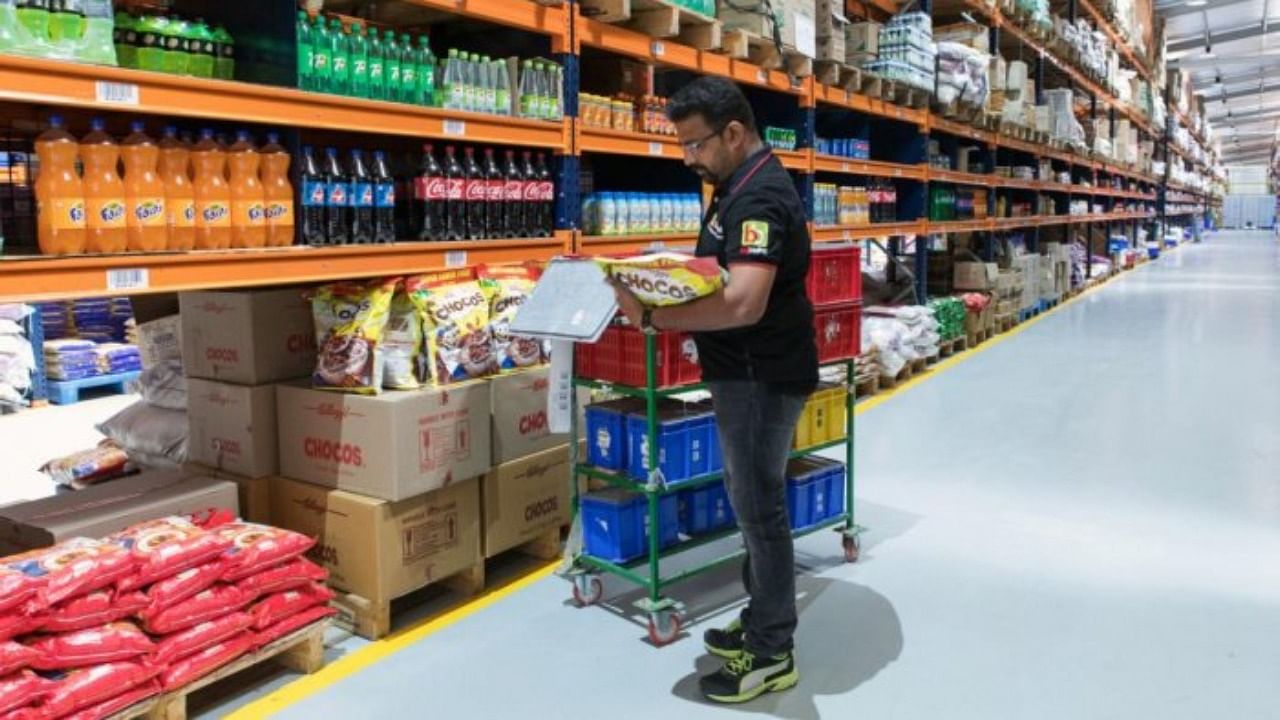
Shoppers are being very careful about spending on non-essential items amid inflationary pressures, raising worries about near-term volume growth at fast-moving consumer goods (FMCG) makers including Hindustan Unilever Ltd, ITC and Britannia.
This comes at a time when consumer goods makers are already struggling to cope with rising prices of everything from wheat to oil, exacerbated by Russia’s assault on Ukraine. Brent crude oil price surged to a nine-year high of $118 a barrel on Thursday.
“With commodity prices at multi-year high, we are seeing significant inflationary pressures,” A HUL spokesperson told DH. “We are witnessing consumer volume titration due to the impact of high inflation.”
To make things worse, the latest Union budget did little to put money in the hands of its rural citizens and urban poor in the immediate future, giving them little reason to spend on discretionary items after seeing their household incomes drop during the pandemic.
A recent Axis My India consumer sentiment survey of rural and urban households showed 92% of the families spent less or the same on non-essential items in February.
“In the near term, given inflation, volumes will remain under pressure,” said Namit Puri, managing director and partner at consulting firm Boston Consulting Group.
Consumer goods makers have been raising prices or reducing grammage per pack in recent quarters to fight sky-high input costs and protect their profit margins.
An ITC distributor who spoke to DH on condition of anonymity said volume growth, which was once considered recession-proof, was becoming a major point of concern.
The distributor is optimistic about consumption recovering later in the year if India is not hit by a fourth wave of infections which is predicted between July and October. ITC did not respond to an email seeking comment.
“Frankly, it’s a very very tough situation,” Britannia MD Varun Berry told the Financial Times this week, adding that inflation “could be a lot more” than the company originally expected because of “the Ukraine situation”.
Russia is the largest exporter of natural gas and the second-largest oil producer in the world, while Ukraine is a crucial grain exporter. India is the world’s No. 3 importer of oil. For FMCG companies in India, “there’s no volume growth happening,” the chief of India’s biggest bread and biscuit maker told FT, adding that he was “sure that in the coming quarters, volume growths are going to go negative” due to price hikes. “I don’t think people are going to be able to absorb that, and they’ll start consuming less.”
Household incomes are yet to recover after multiple waves of the pandemic. Many FMCG majors have flagged the volume decline in rural markets due to high inflation.Rural growth is typically 1.5 times higher than that of the urban market, Deloitte India Partner, Rajat Wahi said.
“Can companies do much in this scenario? The answer is no,” said Alok Shah of Ambit Capital.